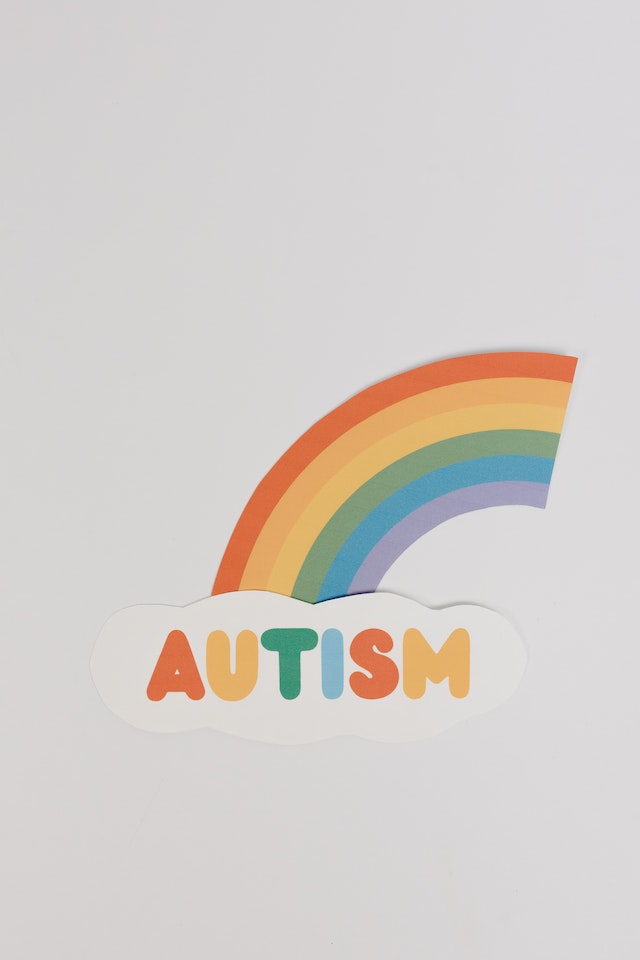Autism, also known as Autism Spectrum Disorder (ASD), is a neurodevelopmental disorder that affects communication, social interaction, and behavior.
It is a complex condition that affects individuals differently and to varying degrees. According to the Centers for Disease Control and Prevention (CDC), 1 in 54 children in the United States have been identified with ASD.
In this article, we will discuss the symptoms of autism in small kids.
Symptoms of Autism in Small Kids
Social communication challenges:
Children with autism may have difficulty initiating or maintaining eye contact, responding to their name, or engaging in conversation with others.
They may also have difficulty understanding nonverbal communication, such as facial expressions or body language.
Delayed language development:
Some children with autism may not develop language at the same rate as their peers.
They may also have difficulty understanding and using language appropriately in social situations.
Repetitive behaviors and routines:
Children with autism may engage in repetitive behaviors or routines, such as flapping their hands, rocking back and forth, or lining up objects.
They may become upset if their routine is disrupted.
Sensory sensitivities:
Children with autism may be hypersensitive or hyposensitive to certain sensory stimuli, such as loud noises, bright lights, or certain textures.
They may become upset or overstimulated by these stimuli, or they may seek them out for comfort.
Difficulty with social interactions:
Children with autism may have difficulty understanding social cues or social norms.
They may struggle with making friends or playing with other children.
Lack of imaginative play:
Children with autism may have difficulty with imaginative play or pretend play.
They may engage in repetitive play with toys or objects.
Unusual interests:
Children with autism may have intense interests in certain topics or objects, such as trains or dinosaurs.
They may also have difficulty with change or transitions.
It’s important to note that not all children with autism will display all of these symptoms, and some children with autism may display additional symptoms not listed here.
Additionally, some of these symptoms may be present in typically developing children,
so it’s important to have a professional evaluation if there are concerns about a child’s development.
In conclusion,
Autism is a complex neurodevelopmental disorder that affects communication, social interaction, and behavior.
Early identification and intervention are key in helping children with autism reach their full potential.
If you have concerns about your child’s development, speak with your pediatrician or a qualified healthcare professional.
71 , 3 T












